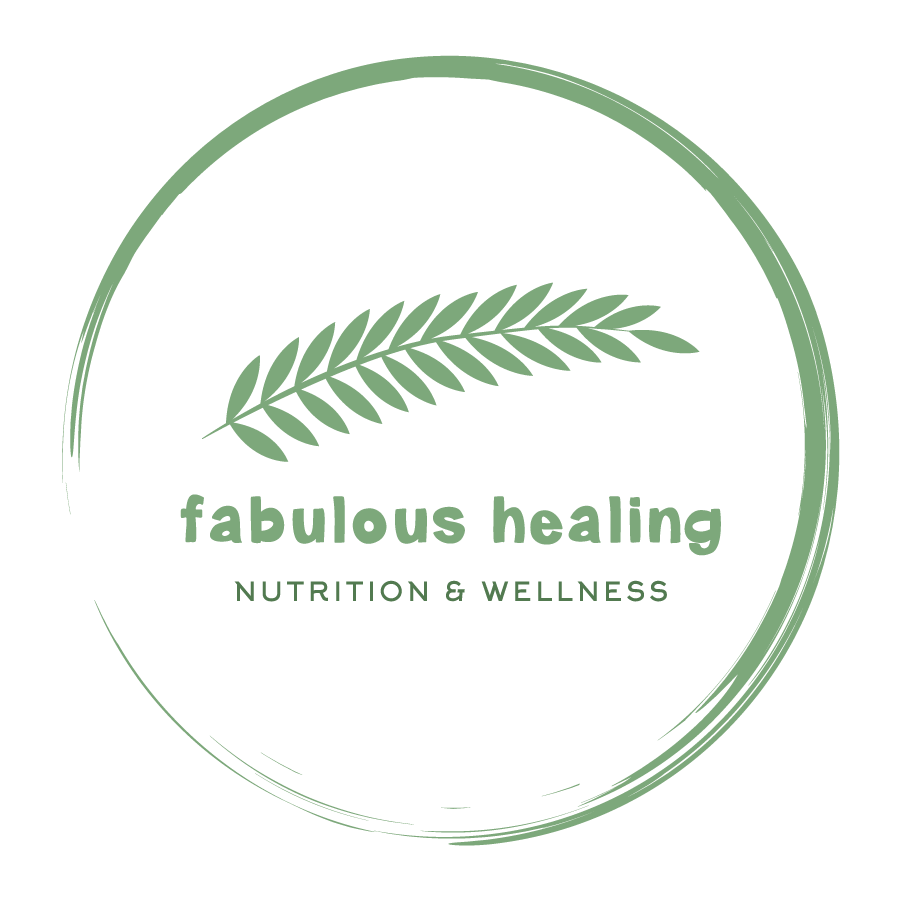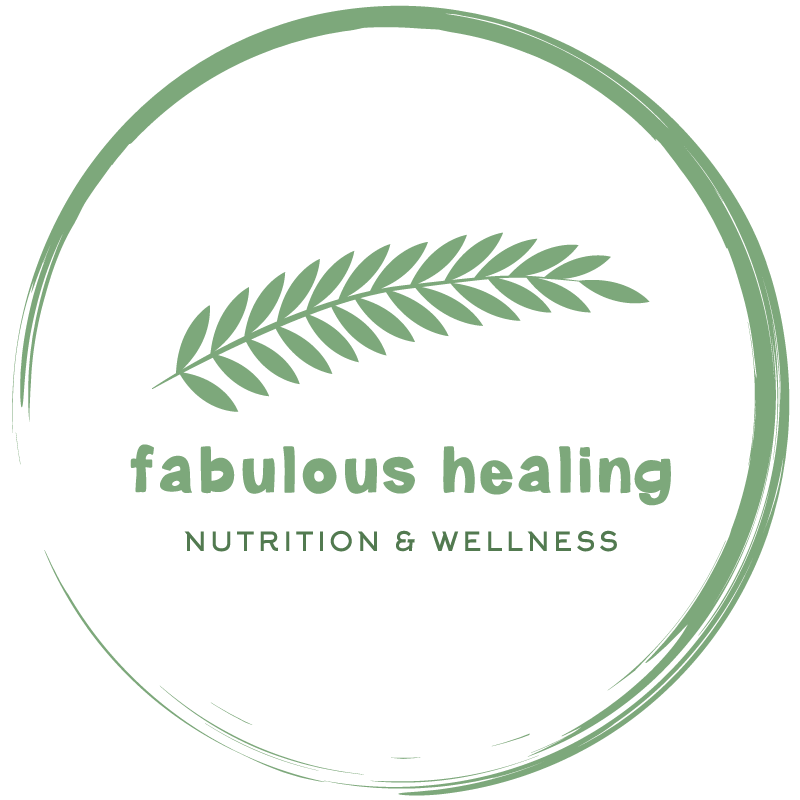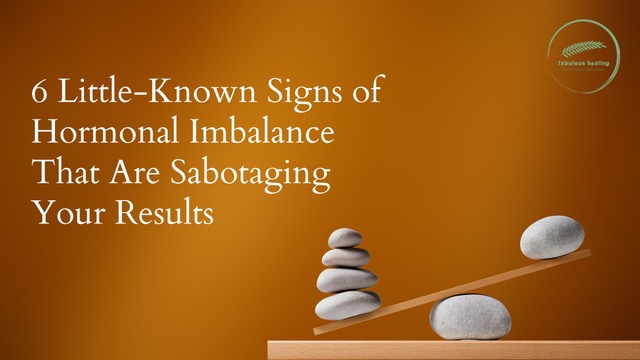Women’s health in general and women’s reproductive health in particular can sometimes fell like a complex subject that requires diligence, knowledge, and sometimes, a bit of guidance. And when it comes to perimenopause, the questions often pile up.
As a seasoned Certified Nutrition Specialist, dietitian, and food relationship coach, I’ve had the distinct privilege of accompanying hundreds of women through various milestones in their lives.
A common question that surfaces during this time is: “Can I still get pregnant during perimenopause?” By the end of this read, you’ll have a clear understanding of your fertility options during this unique time in life. Ready? Let’s get started!
Fertility and Perimenopause: The Facts
What’s Going On During Perimenopause?
Perimenopause is that time right before menopause kicks in, usually starting in your mid-to-late 30s. Your hormones start to change, and your periods might get a bit unpredictable. And while fertility tends to decline during this period, it is not entirely extinguished.
Why This Matters?
If you’re wondering how perimenopause affects your chance of getting pregnant, you’re not alone. Let’s dig deeper to understand the facts.
Ovulation and Fertility: A Delicate Dance
Ovulation, the monthly release of a mature egg from the ovaries, is the linchpin of fertility. However, during perimenopause, ovulation becomes less predictable, and the frequency and quality of eggs released may diminish. Despite this, sporadic ovulation still occurs, and the possibility of conception remains viable. This fact underscores the importance of using contraception if you wish to avoid pregnancy during that time of your life.
Unveiling the Signs of Perimenopause
Perimenopause is heralded by various signs and symptoms, including irregular periods, hot flashes, mood swings, sleep disturbances, weight gain, and vaginal dryness. The unpredictability of menstrual cycles some women experience can make it challenging to discern whether you’ve entered menopause or if you’re still in your reproductive years. Consulting with a trusted healthcare provider for a comprehensive evaluation and to discuss your fertility and contraception options.
Making Informed Contraceptive Choices
When it comes to contraception during perimenopause, you have several options to consider. Barrier methods, such as condoms and diaphragms, can provide effective protection against unintended pregnancies. Hormonal birth control, including oral contraceptives, patches, or intrauterine devices (IUDs), are also available. However, some of those hormonal birth control options may create another set of symptoms in addition or instead of perimenopause symptoms. To make the most informed decision, it is recommended to discuss your health history and any potential risks with your healthcare provider before choosing a contraceptive method.
Understanding the Risks and Considerations
If you are considering pregnancy during perimenopause, it’s important to weigh the potential risks and considerations. Women in their late 40s or early 50s may face higher risks of complications such as gestational diabetes, preeclampsia, and chromosomal abnormalities. If you’re contemplating pregnancy during this time, schedule a preconception visit with your healthcare provider to discuss your fertility, potential risks, and the steps you can take to optimize your health for pregnancy.
Embracing Your Reproductive Journey
Perimenopause, while often characterized by unpredictability, is a natural stage in a woman’s reproductive journey. Whether you’re considering pregnancy or seeking contraception, understanding your fertility during this time is essential. With the right knowledge, resources, and support, you can make informed decisions that align with your unique goals. Whether you’re navigating perimenopause or any other phase of your reproductive journey, I’m here to guide you, armed with professional insights, personalized consultation, and unwavering support about your diet during this time of your life. I’d be honored to create a plan that empowers you during this journey with confidence and informed decision-making.





